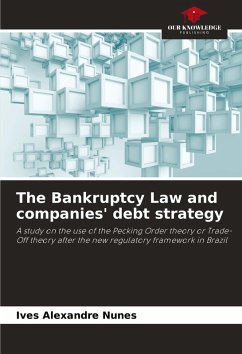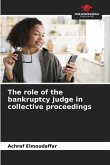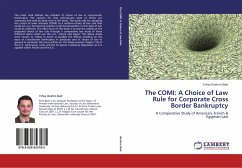The main objective of this study is to identify whether the debt strategies of Brazilian publicly traded companies underwent significant changes after the new Bankruptcy Law came into force in Brazil in 2005. In the empirical research, regression techniques were adopted for the theoretical predictions of the Pecking Order Theory - POT and Trade-off Theory - TOT in relation to their determinants, summarized in Brito and Silva (2003), in addition to an adaptation of the Fama and French (2002) model in order to capture the effects of the implementation of the Bankruptcy Law. The study also sought to verify the effects on the credit market of the implementation of the new bankruptcy law. The results indicate that Pecking Order Theory was the predominant debt strategy for Brazilian companies in the period analyzed. In addition, the Bankruptcy Law had an important impact on the credit market by facilitating the use of third-party capital in firms' indebtedness.
Bitte wählen Sie Ihr Anliegen aus.
Rechnungen
Retourenschein anfordern
Bestellstatus
Storno









